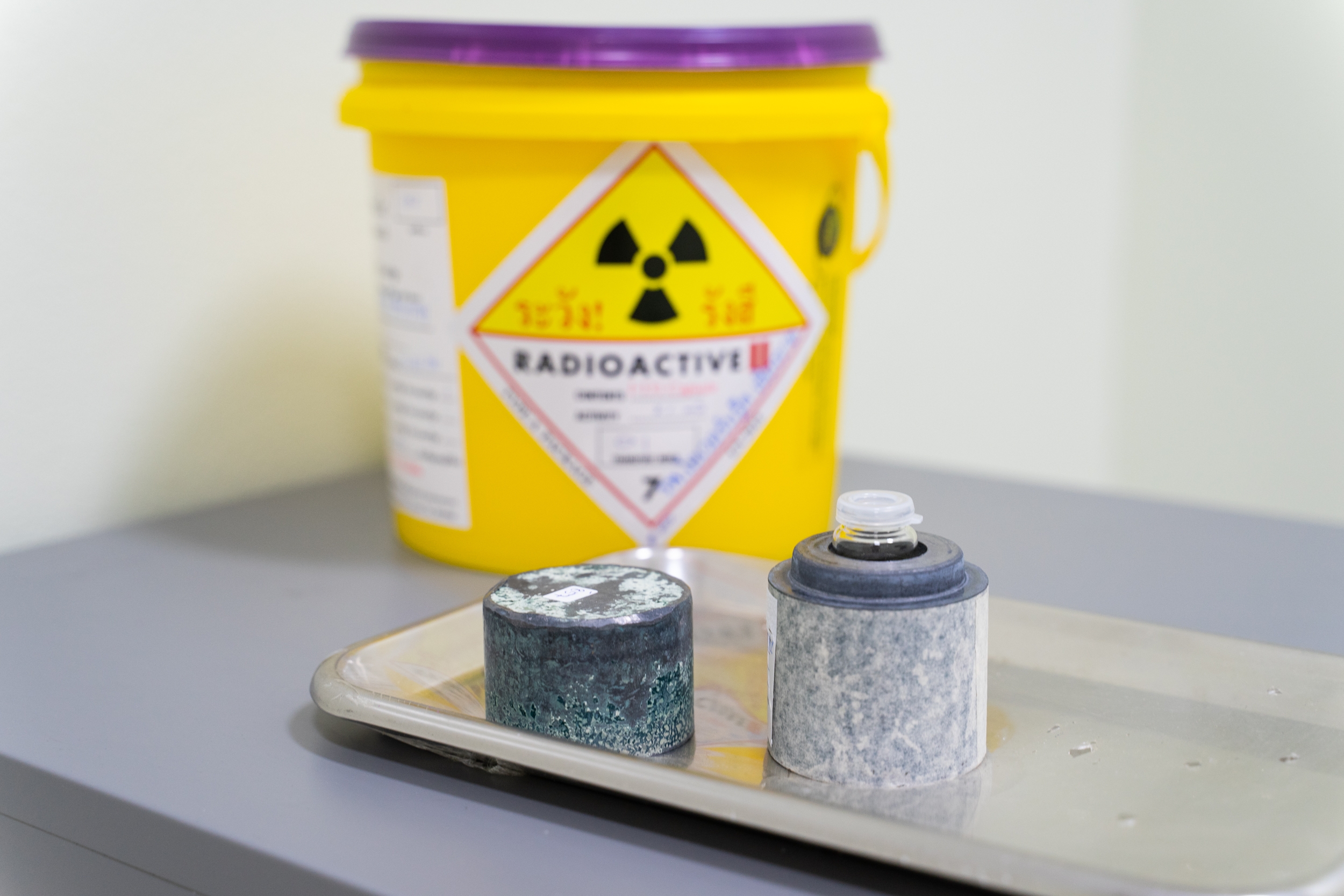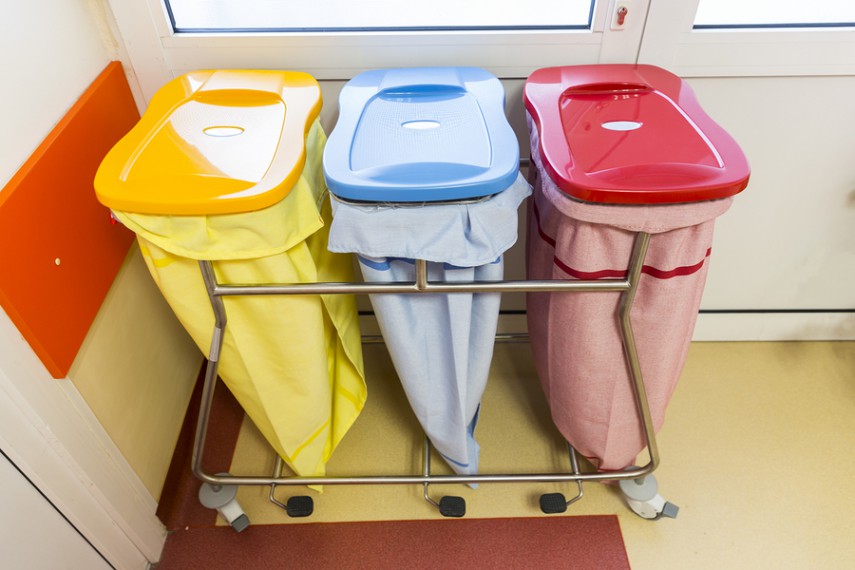Start Your Project
Medical Waste Pros has experience finding tailored solutions for homes and organizations of all sizes. Our partners offer varying disposal frequencies and options to fit the exact needs of customers. Whether you need small quanitity sharps mailback, frequent hazardous waste pickup, one-time pharmaceuticals disposal, or another service, our team has customized quotes for your project. Unsure of what service is right for you? Medical Waste Pros can help you determine the right service(s) and frequency for your needs. Get in touch today to get matched for free!
Explore Services














